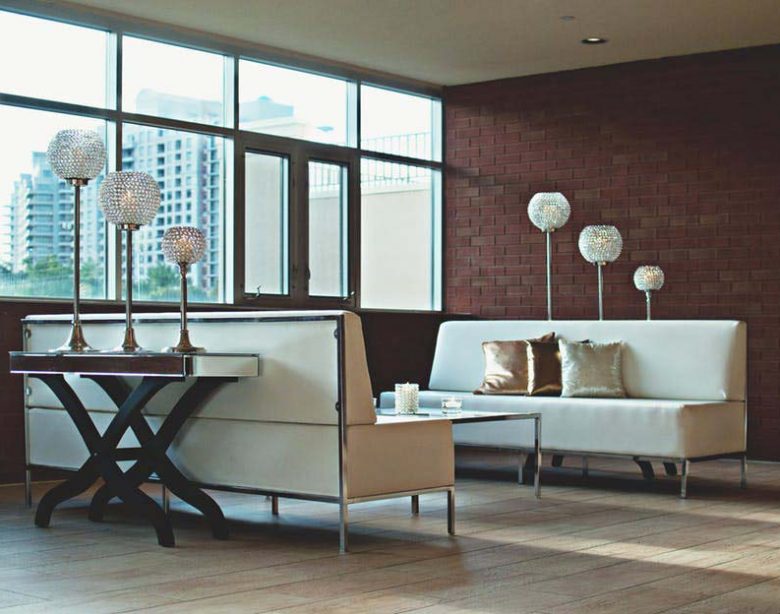Moving into a fresh space is equal parts inspiring and nerve-wracking, You want everything to be perfect, from the location and the layout to the amenities and, of course, the overall price. But before finding your wish apartment and putting your signature on a contract, there are a handful of critical questions you must answer. Can someone really afford it? Will there be a hidden cost for Fido? Is it close enough to work or school?
With so many details to consider, it could be easy to reduce track. So why don’t we help as your guide for finding your ideal apartment.
The North Gaia is a brand new executive condo development along Yishun Avenue 9, Singapore District 27
1. Focus on the location.
Location is potentially the most crucial aspect to consider before committing to a house. If you’re seeking to be near your job, college or family, make sure the site of your soon-to-be space is the brief drive away, within walking distance, or close to public transportation.
Take into account the area’s probable traffic during dash hour, too. A place only 10 minutes away without gridlock may be more than one hour away in the mornings and evenings. Apartment listings once in a while exaggerate how close a rental is to important locations, irrespective of traffic. To be safe, it is advisable to start your Gps device and record it yourself. On GoogleMaps, decide on a feature that allows that you map a journey with a specific time in brain. For example, place the time to 5 p.m. on Wednesdays, and Yahoo will factor in the usual traffic to the area.
2. Find your ideal design.
Depending on the size and structure of a flat or single-family home, layouts can be starkly different. Even in the same complex, future renters will dsicover a handful of mixed styles all with the same square video footage. Some can include reading nooks and office spots, while others forgo small, separate areas for much larger eating rooms and rooms. It is crucial to find out whether or not a layout will work with your lifestyle.
If you work from home, don’t choose a place with out a designated area for an office. In the event that you enjoy hosting guests and parties, look out for large entertainment areas.
3. Measure the space.
During apartment and home trips, bring along a notebook or a tablet to record the property’s details. Does the color need freshening? Will the stove look like it’s from the 1990s? Will there be any visible destruction? It is advisable to take photographs of what you observe. So when it involves injuries, make sure the landlord requires note, too.
4. Consider the amenities.
What’s important to you? An in-home washer and dryer? A shared health club, additional parking places or storage space areas? Be sure to get information regarding family pet fees, building costs (water, trash, maintenance), utilities and internet and cable services, too. All of them are important tidbits to take into consideration when you crunch the volumes. Your $1,500 regular monthly price might jump a few hundred dollars depending on fees.
5. Ask yourself if you can really find the money for it.
This is a major one. Before you indication a rent, compare neighboring properties. May be the price very much like other accommodations in the region? If it’s slightly more expensive, does it include amenities which make it worthwhile?
Then, it’s important to consider if you can comfortably afford the area. Have you got enough personal savings to make hire if your task comes through? While you’re assessing the price, budget your other regular expenses, too. In the event that you flunk, consider adding a roommate in to the equation.
6. Move quickly.
When you start your rentals search, anticipate to move fast. Properties come and go quickly. Which means when you find your ideal location, it might need a rapid turnaround – sometimes less than two weeks.
Before you get started your apartment search, it is advisable to have some of the logistics (such as moving companies decided on and cardboard bins purchased) already in place.
7. Before you sign, read closely.
Once you’ve found the right property, make sure to read the small print on the rent. Included amenities, additional fees and prior damage should all be there. The lease term and the monthly premiums should be clearly explained as well.
Before you sign, make sure you fully understand the contract. Have you any idea how much it would cost to rest the lease? Are you currently permitted to sublet during very long periods of travel? Imagine if an device breaks down? They are all questions you should have answered before putting pen to newspaper.




